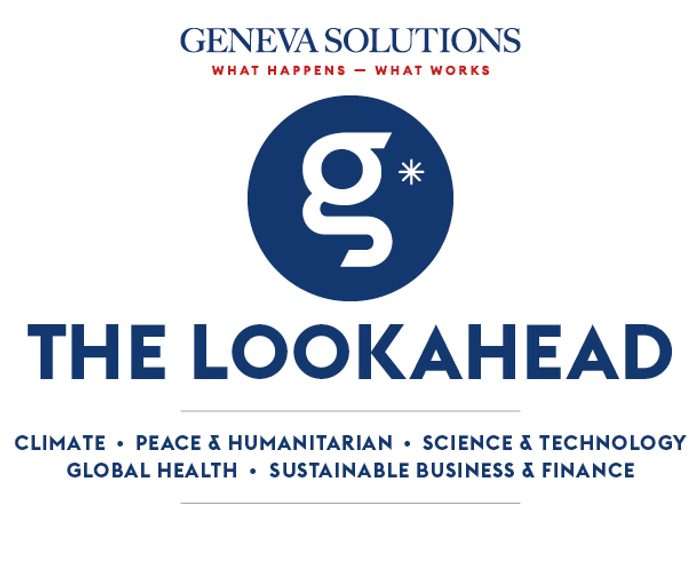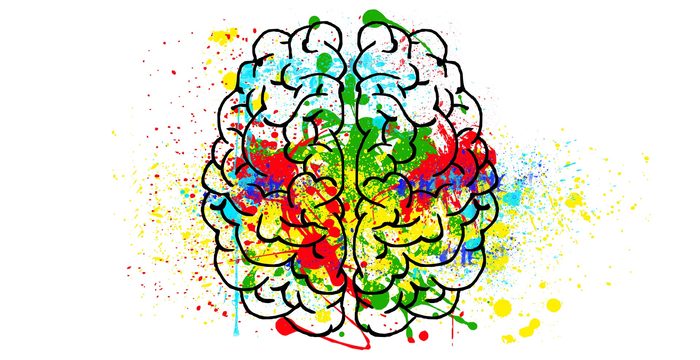|
Consciousness in the making.
Getting to the point when some kind of consciousness is “created” in an organism (be it biological or made out of silicon), is one of the most daunting perspectives for scientists working in AI and neuroscience: researches around lab-grown brain organoids described in Nature this week bring us just there (see below). It is baffling because various sociological, moral, ethical if not existential questions immediately pop out, as discussed for example about possible forthcoming conscious robots (see below).
But there is a caveat, as Nature puts it: “Neuroscientists have no agreed way to define and measure consciousness. Without a working definition, ethicists worry that it will be impossible to stop an experiment before it crosses a line.”
--Olivier Dessibourg
(EN)
|









